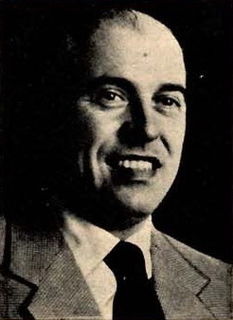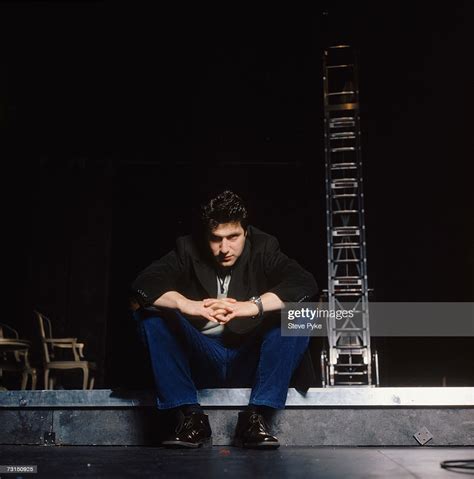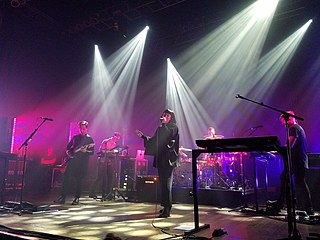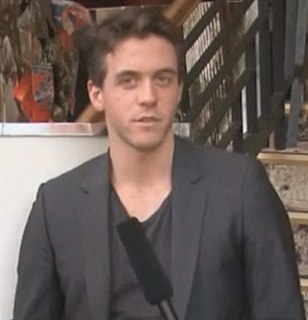A Quote by Steven Knight
I often find in the film world, that it's very self-referring. If you talk to someone about films, they talk about them in terms of other films - rather than as something that happened to them in their life. And I'm really keen to get back to film as a reference to real things, not necessarily to other films.
Related Quotes
There's something that happens where you go, if you're lucky, goodness me, from film to another film to another film. And you can sort of feel that if you step off that treadmill, it might all go horribly wrong and you might never be employed again, you know. And I suddenly thought that that's not necessarily the case. And I also thought we make drama as actors about people in the world and that if you are on that treadmill, you start making films about other films.
The '60s in London obviously brought about the explosion of music, the Beatles especially, and then the Rolling Stones and other forms of music, and then fashion and photography and films - kitchen-sink dramas we called them at that time, which was our nouvelle vague in Britain, films that talk about real life.
The '60s in London obviously brought about the explosion of music, the 'Beatles' especially, and then the 'Rolling Stones' and other forms of music, and then fashion and photography and films - kitchen-sink dramas we called them at that time, which was our 'nouvelle vague' in Britain, films that talk about real life.
My films are misinterpreted all the time. I don't mind that. Everybody's films are misinterpreted. But there's no malice or stupidity in the people that misinterpret them. You know what you do, but someone else sees it, and they want to talk about it or write about it, and so they misinterpret them.
I like a lot of good European films, good - anything really. I'm a big fan of Netflix and I get films from them all the time. If I hear about something that I don't know, that I haven't seen, forgot about, I immediately jot it down and add it to my Netflix list or if there's a film that's available that I haven't seen for many years, I get that.
I think that film festivals, we're very often given to understand, are about filmmakers and about films and about the industry of filmmaking. I don't believe that they are, I believe that film festivals are about film audiences, and about giving an audience the encouragement to feel really empowered and to stretch the elastic of their taste.
In an old model, the way a film would imprint itself on the public's consciousness is to get a theatrical run. But now there are more documentaries and more films in general being released than ever before. There are weeks when the New York Times is reviewing 15 films, so it's harder to leave an impression on the public. A lot of these films are seeing their financial future on digital platforms. Because viewers aren't hearing as much about films in theatrical release, I think the festival circuit is going to have increasing importance for the life of a film.




































